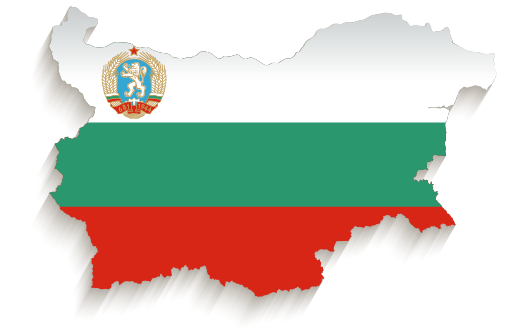(Grant Agreement n. 669194)
Trade organisations and particularly the trade envoys in Western European countries were the only elite group in regular direct contact with foreign partners and with first-hand knowledge on economic cooperation with each European Economic Community (EEC) member state. Therefore, the debate at this level was mainly about the efficiency of and systemic setbacks in cooperation with individual EEC members. This elite group, however, was excluded from policymaking and lacked inside knowledge of the broader policy deliberations. General policies, accordingly, were not a subject of concern and debate as much as the practicalities of bilateral exchanges. While restrictions originating from EEC common policy were a matter of constant discussion, no less were export difficulties resulting from problems at home. Indeed, in many of the internal debates among various trade missions and/or organisations, the focus was on systemic failures of national production, transportation, etc. and the possible remedies. Generally, trade operatives working with EEC members had a shared understanding that such internal problems and failures had a more harmful effect on foreign trade than the EEC trade barriers.
On the other hand, all trade operatives also shared a commitment to expanding partnerships with entities in the EEC area. This meant increasing their organisations’ weight within the sectoral administration, successfully meeting their annual quotas and ultimately protecting their personal positions. Therefore, constantly increasing commercial exchanges with the EEC and maintaining technical contacts with its institutions were not questioned as the path to follow.
At the same time, trade operatives shared scepticism over the ability of Bulgarian producers to improve quality to the standards of the EEC member states or even to achieve contracted production volumes. Unlike the issues gaining most attention at the higher ministerial levels, most of the suspicions of traders concerned the national manufacturers rather than the foreign partners. Moreover, most of the amendments to the general foreign trade strategy were intended to resolve the problem of the trade deficit through diplomatic means, while internal reforms were considered within trade organisations to be practically impossible to implement.
* This text summarises some of the research findings of PanEur1970s team member Elitza Stanoeva, which are published as a chapter in PanEur1970s’ academic edited book. For a link to the e-book, please see Bulgaria’s “Overview” webpage of this map.
